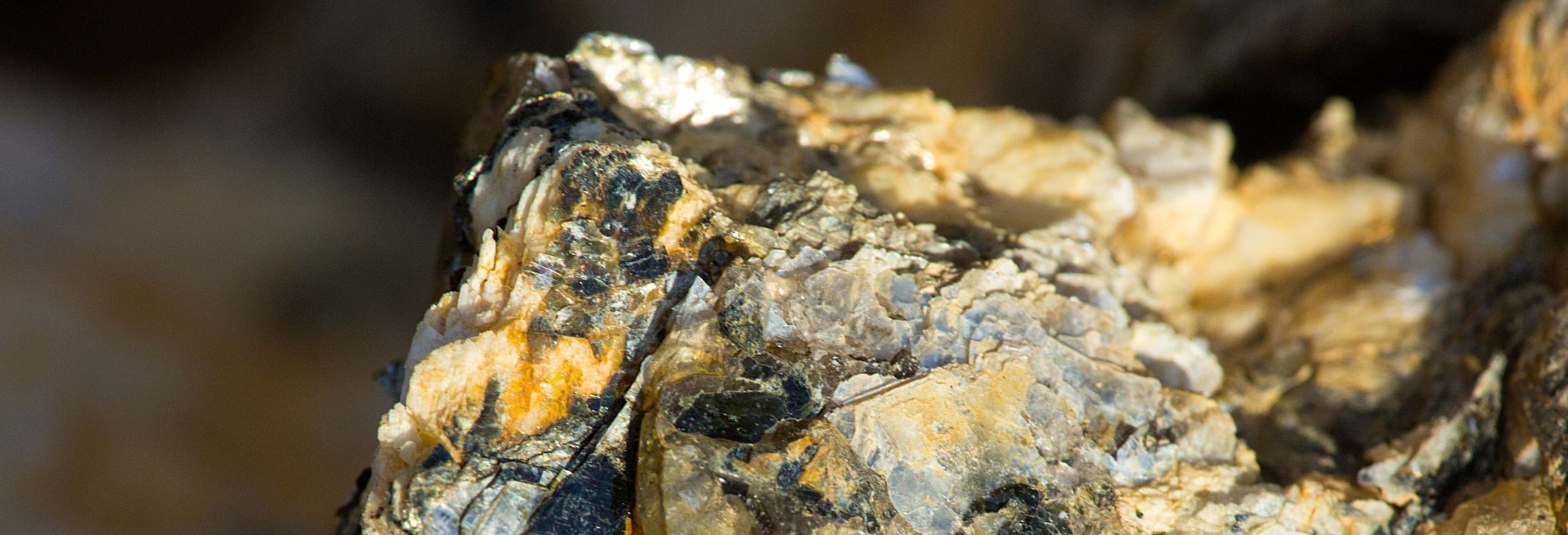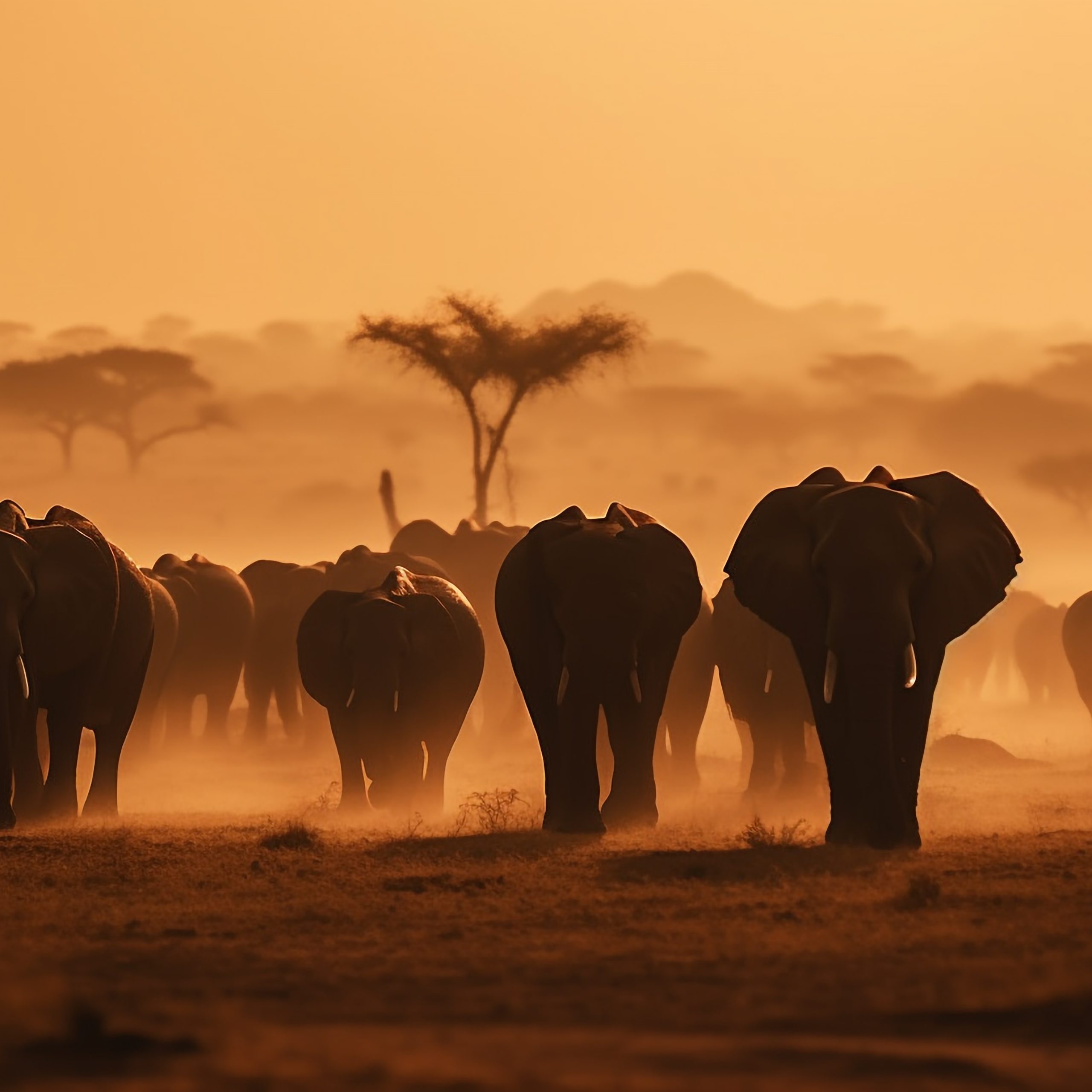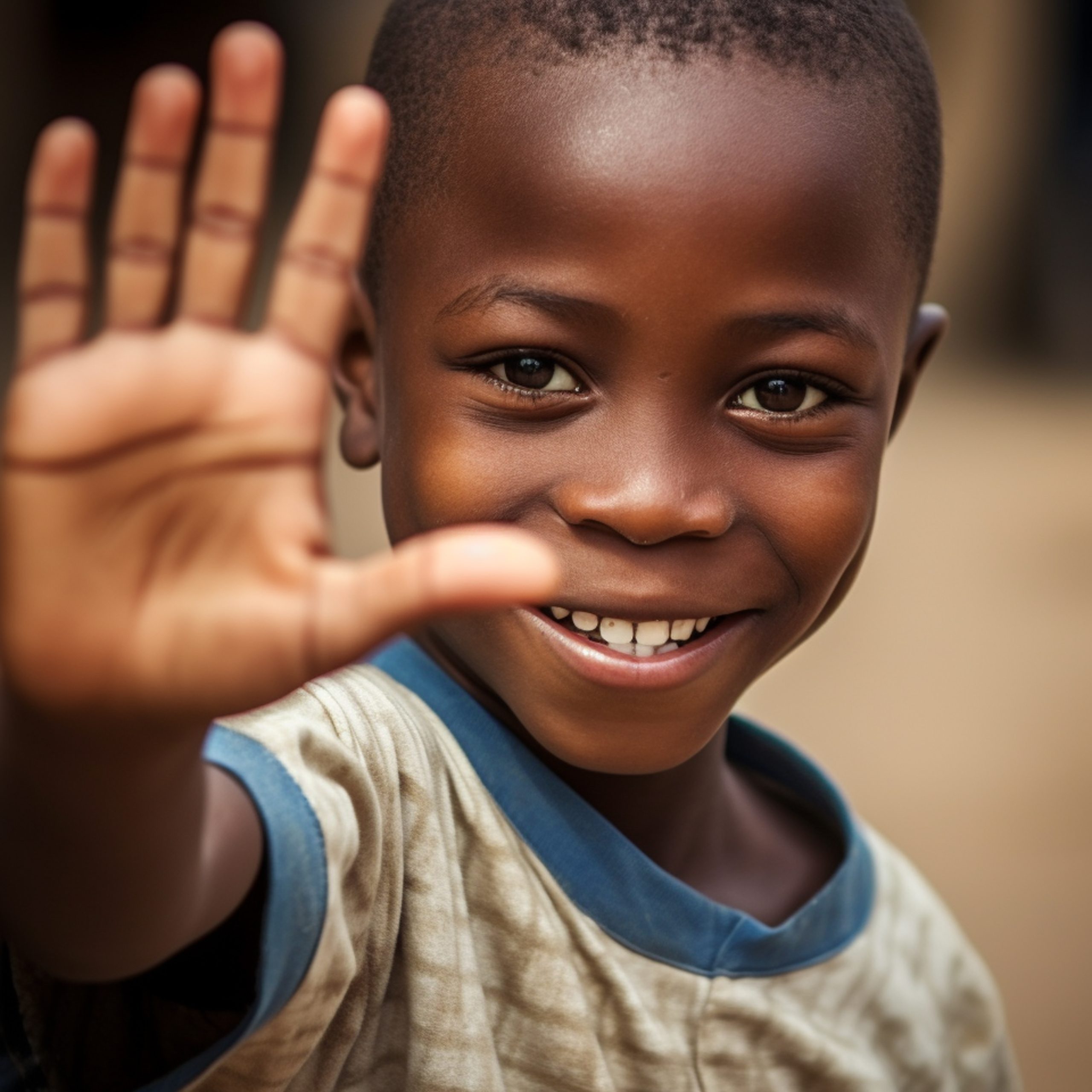AFRICAN COUNTRIES ARE ASSERTING THEIR SOVEREIGNTY AMIDST A GLOBAL RACE FOR RESOURCE ACQUISITION: THE ELITE IN THE DIASPORA SHOULD BE READY TO FACILITATE
The African continent has for long been known as a global natural resource depository, being home to more than 30% of the world’s mineral reserves. Among them, the most critical in recent years have become minerals used for the production of lithium-ion batteries. This includes lithium, nickel, cobalt, copper, manganese and graphite. These are cornerstones of the world’s plans for energy transition, driven by ambitious public policy initiatives such as the European Union’s Green Deal and “Fit for 55” program, the US Inflation Reduction Act, and India’s Faster Adoption and Manufacturing of Hybrid and Electric (FAME) vehicles program, among others, in addition to China’s globally dominant battery production industry that hopes to keep up with skyrocketing demand.
As the US, the EU and India are taking up the mantle to compete with China and build their indigenous production capabilities, countries such as Zambia, the Democratic Republic of the Congo (DRC), and Gabon—rich in lithium, cobalt and manganese deposits respectively—are becoming centers for lobbying efforts by delegations from both Western capitals as well as from the East. India, the EU and the US are members of the Minerals Security Partnership, aiming to secure a stable supply of raw materials globally. In addition to courting African and Latin American countries for access to lithium, India is also setting up an ambitious project for the exploration of its own lithium reserves in the north of the country.

As supply chains created a dependency on the natural resources of African nations, the latter have become increasingly assertive in leveraging their unique position between East and West. Over the past few years, multiple nations have rolled out a series of nationalist policies to increase control over their resources as well as the profits from the sale thereof. This includes Zambia’s policy to closely control the quality of samples at mining sites to be able to collect appropriate royalty revenues, the new Mining Code in the DRC from 2018, increasing taxes on large private sector profits in mining; Tanzania’s reforms that increased the government’s shareholding rights in the mining sector or Nigeria granting mining licenses only to businesses processing the minerals locally, thus creating much needed socio-economic empowerment. African nations are redefining their role as raw material suppliers to key players in supply chain economics.
With the advent of electric vehicles and green energy production and storage methods, China gained monopoly over various mineral supply chains in Africa, effectively deploying its investment tools as part of its Belt and Road Initiative (BRI) to secure its economic interests. At the forefront of China’s influence campaign has been a package of public relations tactics, establishing contact with local actors and institutions in African countries, adapting to national norms and practices.
However, governments in Africa are pushing back following a recognition of the asymmetrical relationship with China as well as the opportunity that catering to Western interests carries. A case in point is the Namibian government’s pushback against Chinese mining corporation Xinfeng, accusing the latter of irregular lithium shipments out of the country. In 2023, Namibia altogether banned the export of unprocessed lithium and other minerals, a model that neighboring Zimbabwe also followed.
European and American corporations’ ethical business strategies have an opportunity to offer African governments more attractive and equitable contracts with an important focus on ESG.

The sizable African diaspora in Europe—a majority of whom live in France—and members of the new, postcolonial African diaspora in the United Kingdom and the United States present an important business community, capable of bridging the gap between Western and African capitals over the coming years. Through their involvement in state-led lobbying and public relations efforts, they can assist both African countries to increase their profile in international relations and deploy their resource leverage, and Western states in negotiating preferential export and production agreements capable of subverting China’s influence in the lithium-ion battery market.
As Africa gears up to navigate the competition between East and West over natural resources during the coming decade, elite African businesspeople living in Europe, the Americas and the Middle East have an opportunity to play a key role in facilitating geo-strategic engagement by leveraging their cultural understanding of the African continent and extensive network in their native countries. In order to exercise meaningful impact, the African diaspora have a unique opportunity which they must seize in order to establish an impactful international business community with the capacity to influence Foreign Direct Investment flows, trade relations, diplomacy, scientific research and in some respect cooperation in the security field, between countries in America, Europe, the Middle East and Africa.
Guy Kioni is the CEO of Missang, a boutique Geostrategy and Management Consultancy firm that specialises in Critical Mineral, Diplomacy, Emerging Technology, Education, and Healthcare.



